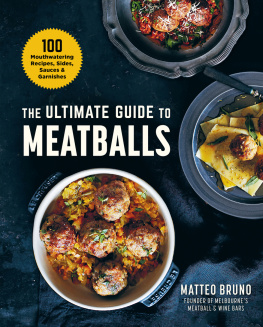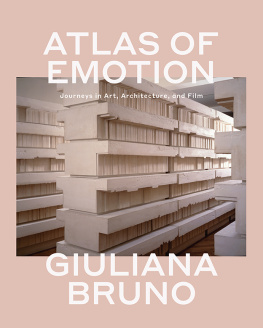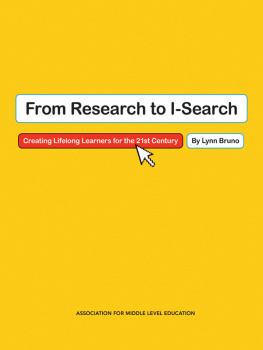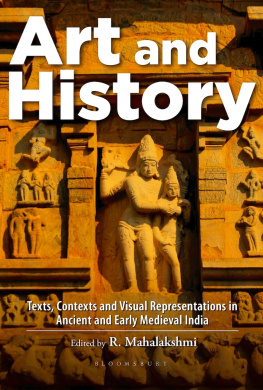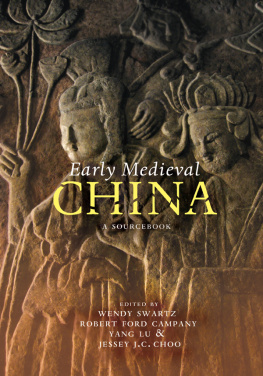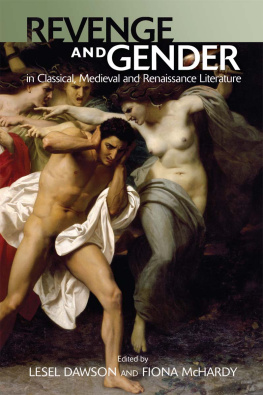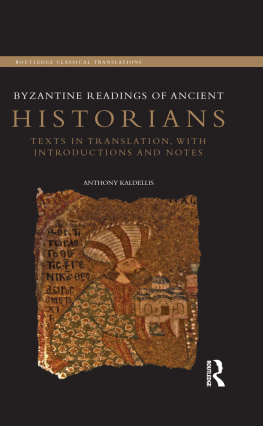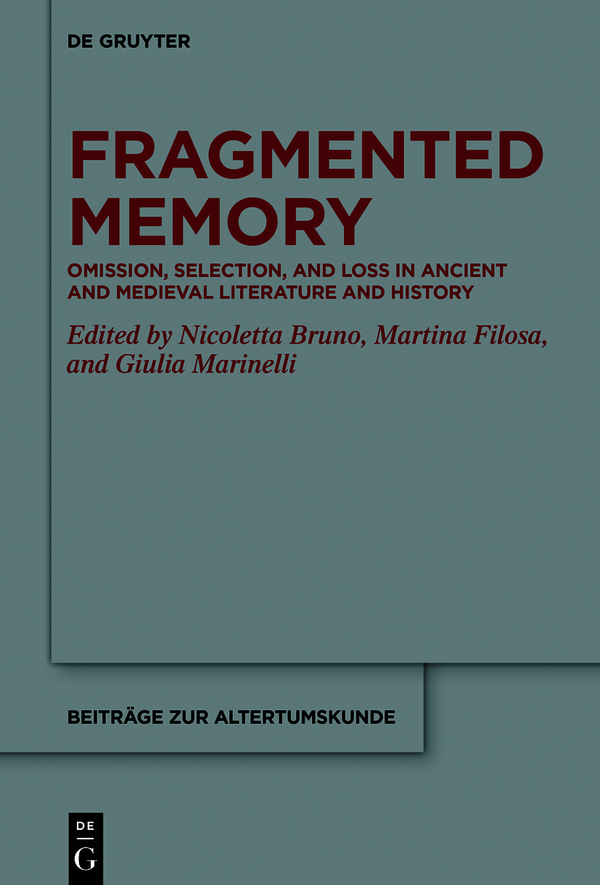Beitrge zur Altertumskunde
Edited by
Susanne Daub
Michael Erler
Dorothee Gall
Ludwig Koenen
Clemens Zintzen
Volume
ISBN 9783110740387
e-ISBN (PDF) 9783110742046
e-ISBN (EPUB) 9783110742091
Bibliographic information published by the Deutsche Nationalbibliothek
The Deutsche Nationalbibliothek lists this publication in the Deutsche Nationalbibliografie; detailed bibliographic data are available on the Internet at http://dnb.dnb.de.
2022 Walter de Gruyter GmbH, Berlin/Boston
Fragmented Memory
Beitrge zur Altertumskunde

Herausgegeben von
Susanne Daub, Michael Erler, Dorothee Gall,
Ludwig Koenen und Clemens Zintzen
Band 404
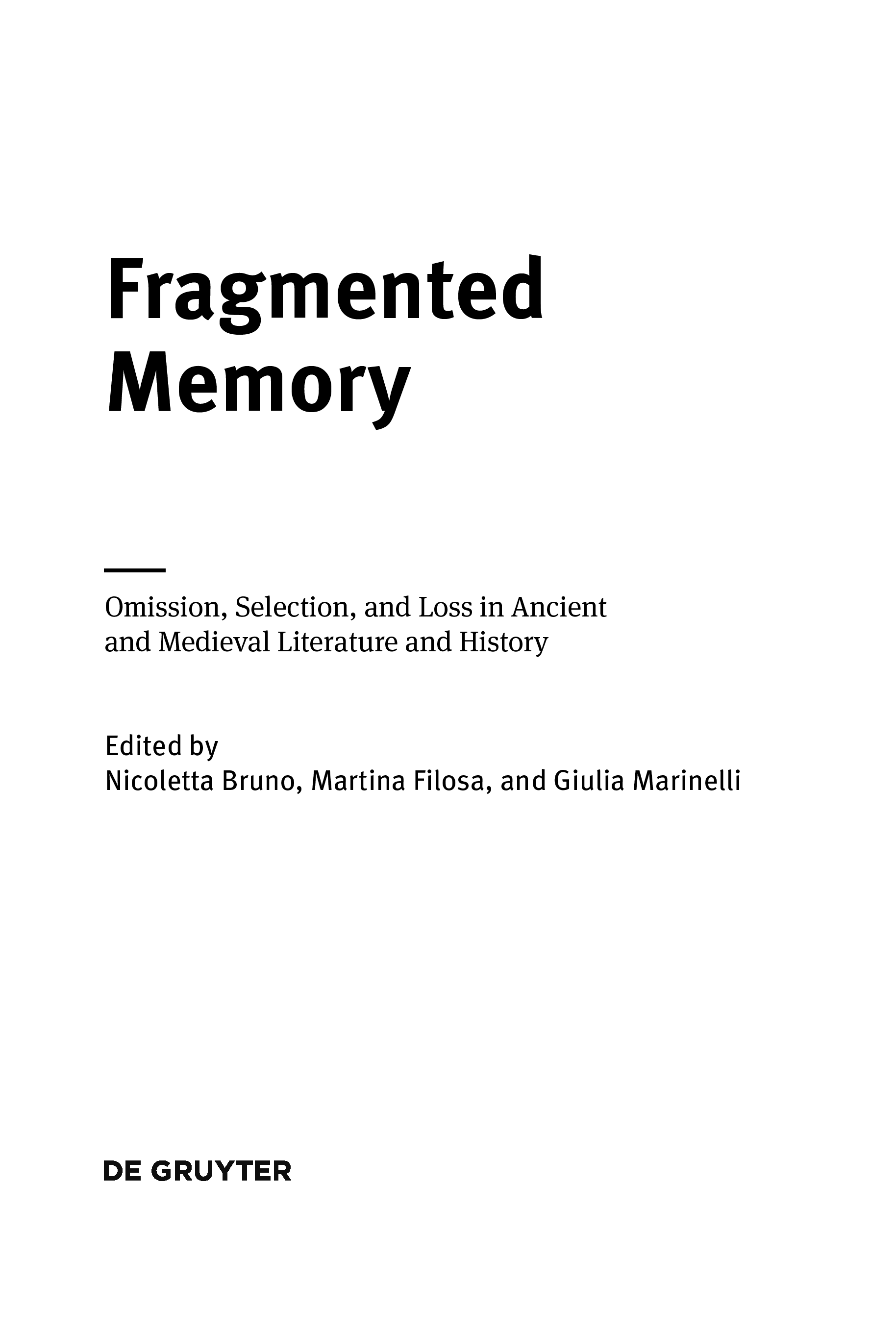
Fragmented Memory
Omission, Selection, and Loss in Ancient and Medieval Literature and History
Edited by
Nicoletta Bruno, Martina Filosa, and Giulia Marinelli
ISBN 978-3-11-074038-7
e-ISBN (PDF) 978-3-11-074204-6
e-ISBN (EPUB) 978-3-11-074209-1
ISSN 1616-0452
Library of Congress Cataloging in Publication Control Number: 9783110740387
Bibliographic information published by the Deutsche Nationalbibliothek
The Deutsche Nationalbibliothek lists this publication in the Deutsche Nationalbibliografie;
detailed bibliographic data are available on the Internet at http://dnb.dnb.de.
2022 Walter de Gruyter GmbH, Berlin/Boston
Printing and binding: CPI books GmbH, Leck
www.degruyter.com
Preface
Since 2016, at the University of Bari Aldo Moro, a large group of young Classicists Italian and foreign gather for a two-day meeting, which has become a useful and extraordinary regular appointment for fruitful exchanges of ideas and experiences. With the exception of a keynote speaker, usually an established scholar, who delivers a lecture during a plenary session, the majority of the other conference speakers are doctoral students, post-docs, early career researchers, and even advanced master students, who do research in the fields of Greek and Latin, from Antiquity to the Middle Ages, and even the Renaissance.
The themes of these meetings are multidisciplinary and carefully chosen so that a high number of people have the chance to gather and deliver papers, or present posters, on topics dealing with their specific research. These important initiatives have their origin in the activity of a small group of Italian young female scholars, most of whom are among those students who chose or were forced to choose to emigrate to progress with their studies and careers, having to face the lack of material resources and the harsh truth of certain Italian policies regarding University. They had the excellent idea of co-founding the Cultural Association Prolepsis, which successfully commits to organize a series of academic activities.
This volume for which I have been asked to write a Preface includes a selection of papers presented in Bari in December 2018, on the occasion of Prolepsis third postgraduate conference, titled Optanda erat oblivio: Selection and Loss in Ancient and Medieval Literature.
The motto Optanda erat oblivio is taken from a passage of the De beneficiis (5.25.2) by L. Annaeus Seneca. During those two days, a lively and fruitful discussion took place on the topics of memory and oblivion in ancient and medieval texts, a discussion which covered an extremely vast range of subjects and questions.
On that occasion, I was kindly asked to give the keynote address. As topic, I chose a subject that fits into one of my main research interests, which I thought very suitable for a wide and varied audience; the title of my lecture was: Pratiche di redazione e di produzione libraria nella biblioteca di Filodemo a Ercolano. These pages were already destined to a different editorial project, and have recently been published in a miscellaneous volume, curated by A. Skalli, Historiens et rudits leur critoire, Bordeaux 2019, 6991. To honor my duty as guest, I wrote for the present volume a new shorter contribution, which is more consistent with the theme of the book: The Stobean Text Tradition of Pseudo-.
As a conclusion to my Preface, I would like to suggest if not a title at least a topic that could be a federating instrument and provide a wide range of ideas for a future Prolepsis meeting.
Taking the cue from an observation by Martin L. West, Textual Criticism and Editorial Technique Applicable to Greek and Latin Texts, Stuttgart 1973, 62: codicology and textual criticism are very different things, and an expert on manuscripts may produce a dismal edition, Guglielmo Cavallo has recently written (Del manuscrito antiguo a la edicin crtica de textos griegos. Homenaje a la Profa Elsa Garca Novo, Madrid 2019, XVIIXX):
Se questo vero, altrettanto vero che un filologo inesperto di manoscritti pu ugualmente produrre unedizione miseranda ove non si accorga che una buona lezione non di tradizione ma di un copista dotto; che confonda un modello con una copia migliorata con interventi correttivi perch ne data male i manoscritti; che di fronte a un codice, la cui numerazione dei fascicoli si interrompa per riprendere con una nuova serie di segnature, ignori il fenomeno e non lo metta in relazione con antigrafi e rami di tradizione diversi che ne possono essere allorigine. Esempi di edizioni che non tengono in alcun conto questi e altri aspetti materiali della tradizione non mancano.
There is no need to stress that it is always appropriate to share thoughts of the sort, on the ever-pressing necessity of practicing material philology and stemmatic codicology, comparing the experiences of textual critics, papyrologists, paleographers, and codicologists, cooperating in a practical form amicitia philologorum (where philologus has a broader sense, which includes other disciplines). This amicitia, due to the extreme specialization of most branches of our research, can only become real, if a constant cooperation between specialists of all disciplines occurs. Unfortunately, an ideal like this must often clash with the actual frenzy affecting the world of scholarly research as it is now, obsessed with intrusive and noxious bibliometric criteria: as a result of this, our amicitia philologorum is risking extinction. Colleagues (especially younger ones) ready to address questions on individual aspects on which they are experts are becoming rare. But fortunately, there are some exceptions.
If we want compartmentalized knowledge to disappear, or at least, to stop growing exponentially, we must address younger generations and lead them to a revaluation of the genuine pleasure of selfless scholarly cooperation. It goes without saying, this will imply sacrificing a small part of individual work in favor of a higher ideal, that of progress and science, which inspired for a lifetime scholars like Paul Maas, or my late mentor Rudolf Kassel, both always available and generous with those who addressed them (without ever risking any disappointment).
Hence my proposal of a conference in which the young members of Prolepsis


